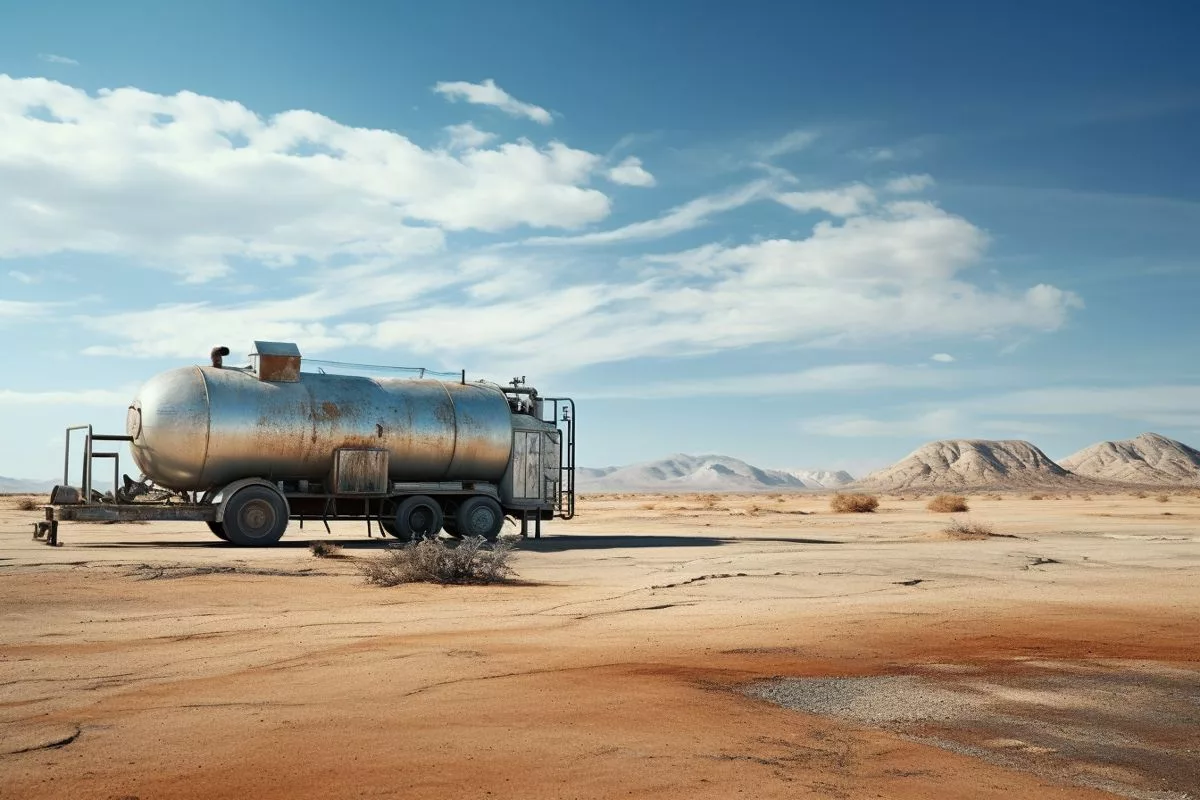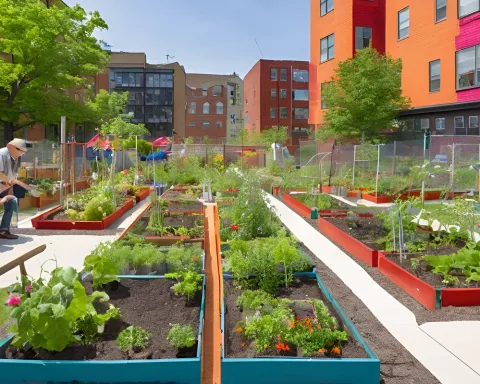Operation Bhekela is removing over 5,000 shacks along Cape Town’s Central Line. Almost 900 families have been temporarily relocated to a site adjacent to Stock Road station but are refusing to move until basic services, such as water and sanitation, are in place. The families’ struggle mirrors the larger issue of urban displacement and obstacles to securing housing. Despite some efforts to provide basic facilities, the situation remains uncertain.
What is Operation Bhekela and why are families being displaced?
Operation Bhekela is a joint operation to remove over 5,000 shacks that have appeared along Cape Town’s Central Line during the Covid-19 pandemic. Almost 900 families have been temporarily relocated to a site adjacent to Stock Road station, but are refusing to move until basic services, such as water and sanitation, are in place. The families’ struggle mirrors the larger issue of urban displacement and the systemic obstacles to securing housing. Despite some efforts to provide basic facilities, the situation remains uncertain.
Consider the vibrant metropolis of Cape Town and picture creating a life near its railway line in Philippi, where you and hundreds of others have been momentarily moved. This is a harsh reality for almost 900 families, participating in a combined operation codenamed ‘Operation Bhekela’.
Unforeseen Havoc in the Midst of Pandemic
During the turmoil of the Covid-19 pandemic, these families found shelter along the railway line when they could no longer afford their rent. However, their newly discovered homes were not without issues – the looming danger of eviction and relocation, a process that kicked off a week ago.
Operation Bhekela is facilitated by PRASA, City of Cape Town, the Housing Development Agency, national departments of transport, human settlements, public works, and their provincial departments. What’s the mission? To rid Cape Town’s Central Line of the 5,195 shacks that erupted along the railway track during the lockdown. Regrettably, the temporary shift to a site adjacent to Stock Road station has been marred with difficulties, primarily the substandard provision of water and non-operational toilets.
Artistic Reflection of History
In this situation, one can perceive a historical and artistic echo. Much like the forced removals during apartheid, the railway line in Philippi has become a temporary dwelling for hundreds of families who are resisting relocation until essential services are in place. Their struggle is a mirror to the larger issue of urban displacement and the systemic obstacles to secure housing.
The temporary relocation site at Stock Road station is an area teeming with taps and chemical toilets. Yet, this superficial scene is deceiving. The truth reveals an endless battle with water and sanitation problems. The families’ insistence on not moving until these services are rectified sheds light on their predicament.
The Standoff
While PRASA is the owner of the land, it is the City of Cape Town that bears the responsibility for providing water, sanitation, and waste removal. Nevertheless, the chemical toilets at the site are currently non-functional, leading to a protest from the relocated families. This has spurred a stalemate, with numerous voices refusing to move until services are rendered.
Among the unidentified voices is a mother of two daughters, aged 39, who refuses to move due to the absence of facilities. Another woman, a 30-year-old mother already residing at the site, shares her harrowing experience of living in an area without running water and functional toilets. She details how people are being compelled to relieve themselves in the wilderness due to insufficient sanitation facilities.
One more challenge is the inadequate size of the foundation blocks offered for the relocated shacks. Some families have reported that they are too minuscule to house their structures.
Currently, these displaced individuals, grappling for basic necessities, are dependent on neighboring settlements for water. The looming question is, for how long can they bank upon the kindness of these communities?
Shimmering Hopes Amidst the Struggle
Despite the adversities, there seems to be a glimmer of hope. Luthando Tyhalibongo, spokesperson for the City of Cape Town, declared that a water tanker is scheduled to provide water twice a week. Furthermore, actions are underway to enhance sanitation facilities. However, the steps are still insufficient.
The account of Operation Bhekela intertwines storytelling and analysis, providing an insight into urban displacement and housing instability. It’s a complex saga of hope, tenacity, and an ongoing fight for basic facilities. As the tale unfolds, it remains uncertain how the authorities will address the concerns of the relocated families and when they can finally lead a life where basic services are guaranteed.
How many shacks are being removed in Operation Bhekela and why?
Over 5,000 shacks are being removed in Operation Bhekela along Cape Town’s Central Line. This is due to the appearance of these shacks during the Covid-19 pandemic, and the joint operation aims to rid the area of them.
How many families have been temporarily relocated and why are they refusing to move?
Almost 900 families have been temporarily relocated to a site adjacent to Stock Road station, but they are refusing to move until basic services, such as water and sanitation, are in place. The families’ struggle mirrors the larger issue of urban displacement and the obstacles to securing housing.
What is the current situation regarding basic services at the temporary relocation site?
The temporary relocation site at Stock Road station is currently facing a standoff as the chemical toilets are non-functional, and the families are protesting the lack of essential services. The City of Cape Town has announced that a water tanker will provide water twice a week, and steps are underway to enhance sanitation facilities, but the situation remains uncertain.
What is the historical and artistic significance of the families’ struggle?
The families’ struggle is a mirror of the larger issue of urban displacement and the systemic obstacles to securing housing. It echoes the forced removals during apartheid and highlights the ongoing fight for basic facilities.
What additional challenges are the families facing at the relocation site?
In addition to the lack of basic services, some families have reported that the foundation blocks offered for the relocated shacks are too minuscule to house their structures. The families are currently dependent on neighboring settlements for water.
What is the future outlook for the relocated families and their struggle?
The future outlook for the relocated families and their struggle remains uncertain as the authorities work to address their concerns and provide basic services. Despite some efforts to provide these services, the situation remains uncertain, and the families are continuing to resist relocation until their demands are met.









